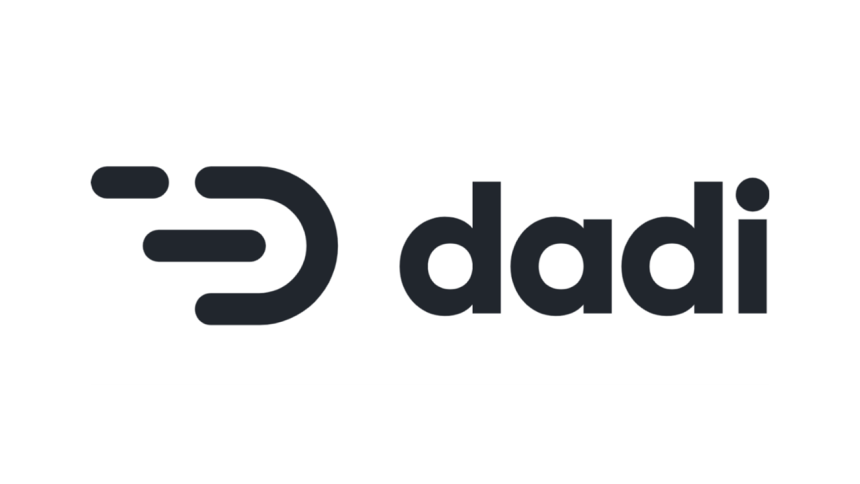Ethereum-based peer-to-peer network DADI (the Decentralized Architecture for a Democratic Internet) tackles the centralization of online computing power on a global scale, promising a network that is up to 90 percent cheaper than current internet infrastructure.
The internet was once democratic: a mesh of computers where data and power was distributed equally. Soon enough, however, big companies like Microsoft, Google and Amazon took over, centralizing and consolidating control.
Decentralizing the cloud
DADI CEO and co-founder Joseph Denne believes that many businesses and homes waste vast amounts of computational power and that this wasted energy could be better used. It was from this belief that DADI’s solution was born.
Rather than relying on the likes of Amazon or Google, DADI proposes a decentralized system where users don’t just own the network – they also contribute to and benefit from a tokenized reward system, all based on spare computing power in their home or business.
DADI’s underlying technology serves to localize. This means that through their global network, DADI’s nodes find the closest and most appropriate hub of computational power to distribute content. Any device, like a smartphone, television, or gaming console, can be accessed to start generating revenue from their unused capacity. So far DADI is powering over 200 web pages with their localized solution.
All-in-one content distribution & delivery solution
As part of DADI’s efforts to localize, they’ve rolled out their CDN (Content Distribution Network), which provides fast content delivery at a fraction of the price compared to bigger providers.
By processing and delivering content locally, rather than from centralized data centers, DADI promises to deliver a higher quality product while slashing prices traditionally linked to conventional cloud-based solutions.
CDN features full image format conversion, compression, caching and header control. Users can now find a demo of CDN in action on the DADI homepage. DADI claims that CDN solution can be easily deployed in minutes, and is readily available for clients to run on their existing networks if they haven’t yet made the jump to the mainnet.
Building a sustainable network
In the coming weeks, DADI’s first private, dedicated nodes will be distributed and onboarded for the first approved users in the DADI Founding Node Programme, using spare computing power from devices in homes and businesses.
Several of DADI’s clients have already integrated DADI’s CDN solution into their networks and more are expected to benefit in the coming days, weeks, and months.
According to the DADI team, just 10 percent of the revenue generated by nodes – dedicated or otherwise – is reserved for maintenance costs. The majority (85 percent) is given back to contributors, who are powering the network with their spare computing power. The remaining 5 percent will go to the DADI Foundation, a non-profit organization aimed at ensuring that technology is available as a basic human right, globally.
Following the launch of DADI’s CDN, other DApps in the making are Identity – a CRM layer that makes data directly actionable, and Track – a real-time streaming data layer that provides accurate metrics at both the individual and product levels. DADI tracks its product roadmap for contributors and users on its website.
